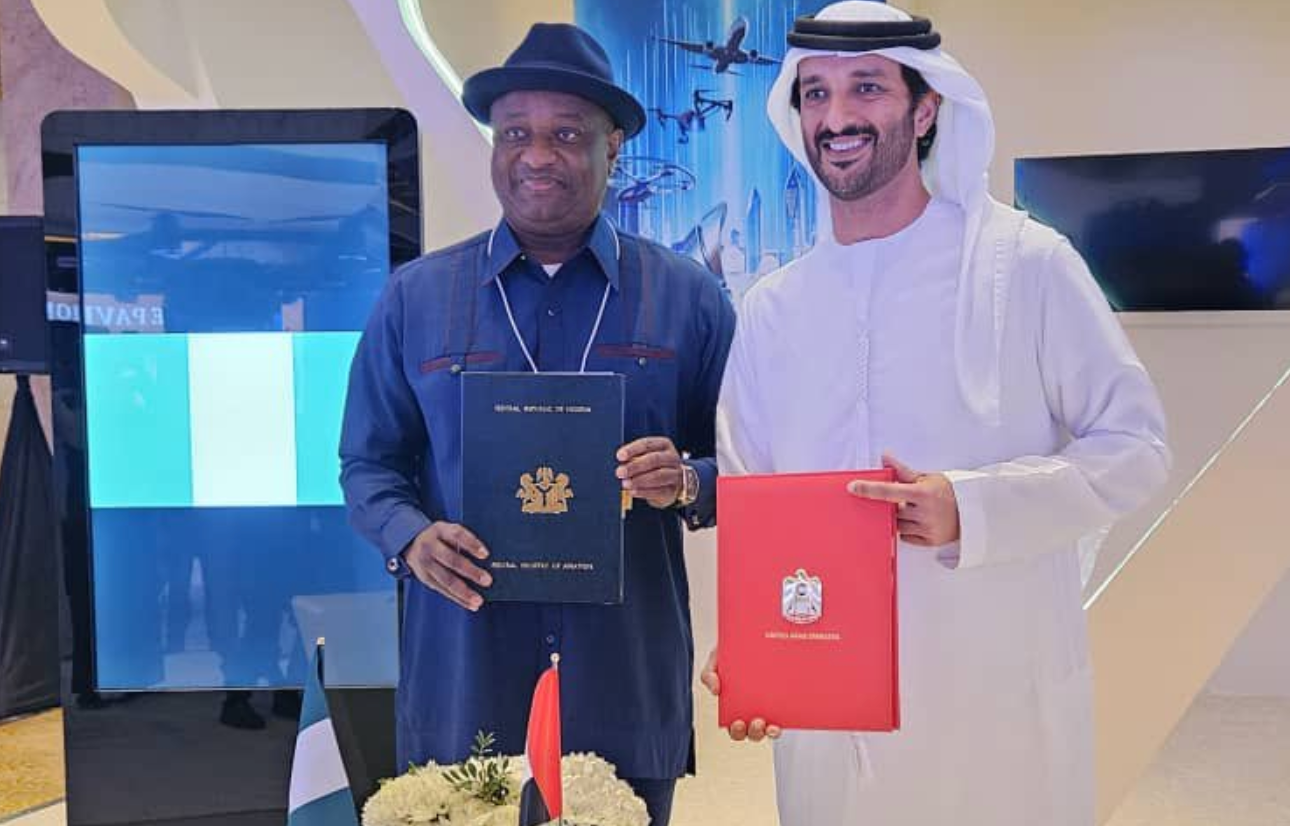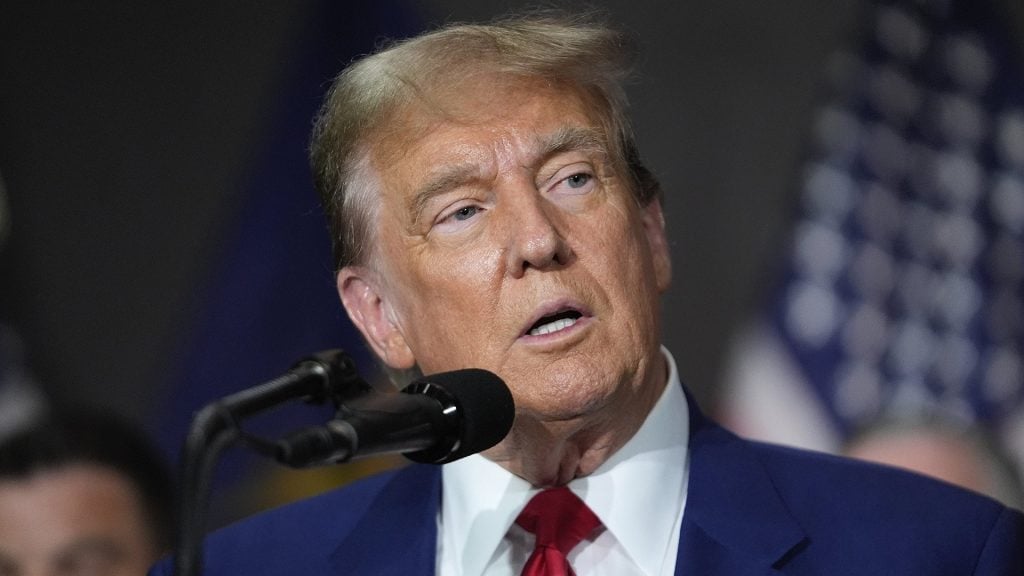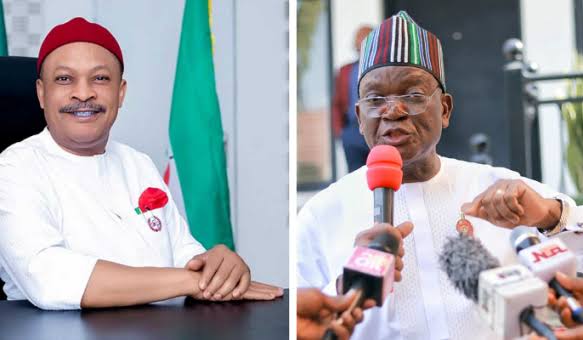In a recent press conference with Israeli Prime Minister Benjamin Netanyahu, U.S. President Donald Trump announced plans for the United States to assume control over the Gaza Strip following the cessation of hostilities. He outlined a vision to transform the war-torn area into a prosperous economic hub, aiming to dismantle unexploded ordnance, clear destroyed infrastructure, and foster economic development to create numerous jobs and housing opportunities.
Trump suggested relocating Gaza's current residents to other locations within the region, citing the area's history of conflict and hardship as reasons for this proposal. He emphasized that neighboring countries with substantial resources could facilitate this resettlement, envisioning the redevelopment of Gaza into a destination comparable to the "Riviera of the Middle East."
This proposal has elicited significant international criticism. French President Emmanuel Macron rejected the idea, advocating instead for a political solution to the Palestinian conflict. Similarly, Egypt has reaffirmed its commitment to a two-state solution that does not involve the displacement of Palestinian citizens.
Critics argue that forcibly relocating Gaza's population could violate international law and potentially constitute ethnic cleansing. Concerns have also been raised about the economic and strategic motivations behind the plan, given Gaza's valuable location and natural resources.
Despite the controversy, Trump remains optimistic about the plan's potential, expressing confidence that it could bring stability to the Middle East and garner support from regional nations. However, key countries like Jordan and Egypt have thus far rejected the proposal, citing concerns over legality and regional stability.

.jpg)









